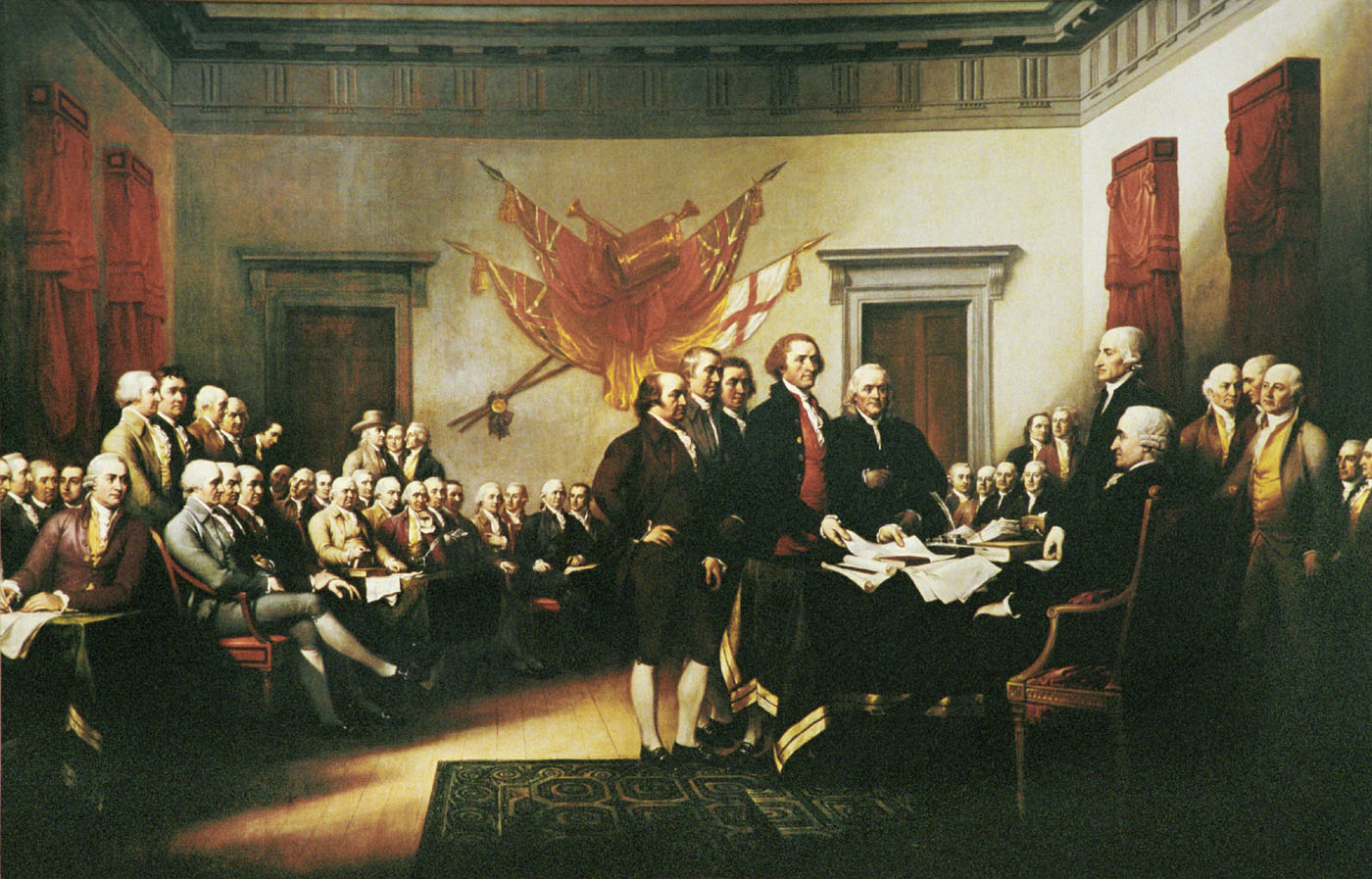
Lots of polls show that foreign publics have a poor opinion of the U.S. Some people argue that this means the U.S. should change its policies to make them more popular outside the U.S. Others contend that foreign policy decisions need to reflect U.S. national interests, irrespective of their popularity.
Does the popularity of United States matter and should it affect policy decisions?
The question is definitely a very provocative one, but I'm glad it's been asked. It seems that most of the comments are ignoring all but recent history, and I believe that's a mistake.
With the close of WWII, America faced a decision that every great nation has had to deal with in the history of the world. America proved herself superior to every other nation in the world economically, technologically, and in fighting force. The regimes of Cyrus II, Alexander, Caesar, Napoleon, or Victorian Great Britain saw the opportunity and had the capability to conquer.
Like those mentioned, the world was ours for the taking. Especially with the power of the atom bomb to enforce our demands.

Yet we said no and chose to assist Europe and Asia and Africa with their rebuilding processes.
We respected the national sovereignty of each nation and refused to control their internal affairs. In fact, we tried to prevent Russia and China from taking advantage of weaker nations and established NATO.
[Ironically, the nations of Europe who received the most of our help nearly sixty years ago (a very brief span of history for Europe) would rather criticize our efforts than help out.]
The reason we said no is because America was never built to become an empire. In fact, it's against our very nature to do so. There was a HUGE debate over the acquisition of Louisiana because the people of that territory did not have a say in the matter. The same debate reappeared during the Spanish-American war, and whether America should retain the spoils of the victor. Our philosophy of government is based upon the principle of "the consent of the governed." As long as this remains the basis of our system of government, we will never attempt to conquer and control.

Now to the present day. There are three very important things that must be understood.
1) We've fought this type of battle before.
2) This isn't the first time we've been unpopular
3) Unpopularity does not mean that we're wrong.
For the first point, I refer back to the war we engaged in with the Barbary powers. For decades, these pirates roamed their corner of the globe and preyed upon cargo ships passing through the water they claimed as theirs.The crew were captured and either enslaved or sold for ransom to the country of their origin. With the exception of Britain, all other nations were in favor of simply paying the ransom. President Jefferson, however, chose to change that policy, and Britain was the only other nation to stand with us. We fought that battle with three countries [Algiers, Tripoli, & Tunis.]

The second & third points are quite self-explanatory. The reason we feel it so much in the present, however, is because communications have become infinitely more global. With the globalization of our communications, the individual citizens of world nations submit their opinions on someone else's philosophy of government without realizing that each nation is individually different. European nations tend to lump together because their boundaries, citizens, and governments have been so very fluid over the last three hundred years. Europe's never really understood the "American Experiment" and likely never will.
So as a direct answer to the question, US popularity shouldn't matter and while it's important to know foreign policy implications, the popularity issue alone shouldn't be a deciding factor to changes in our foreign policy.




